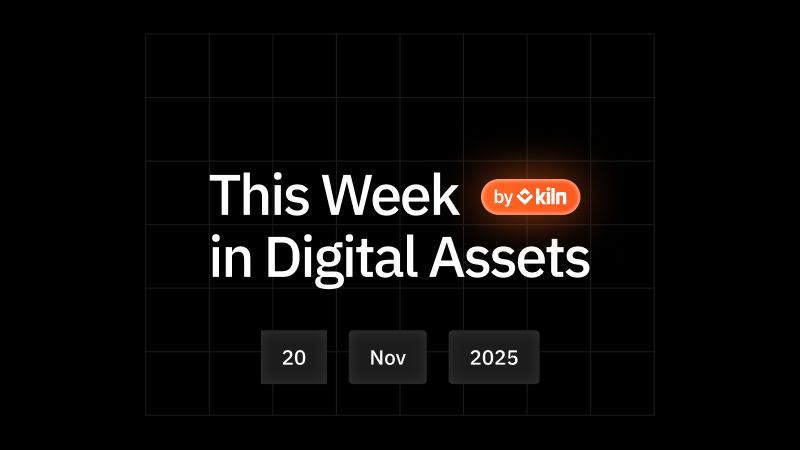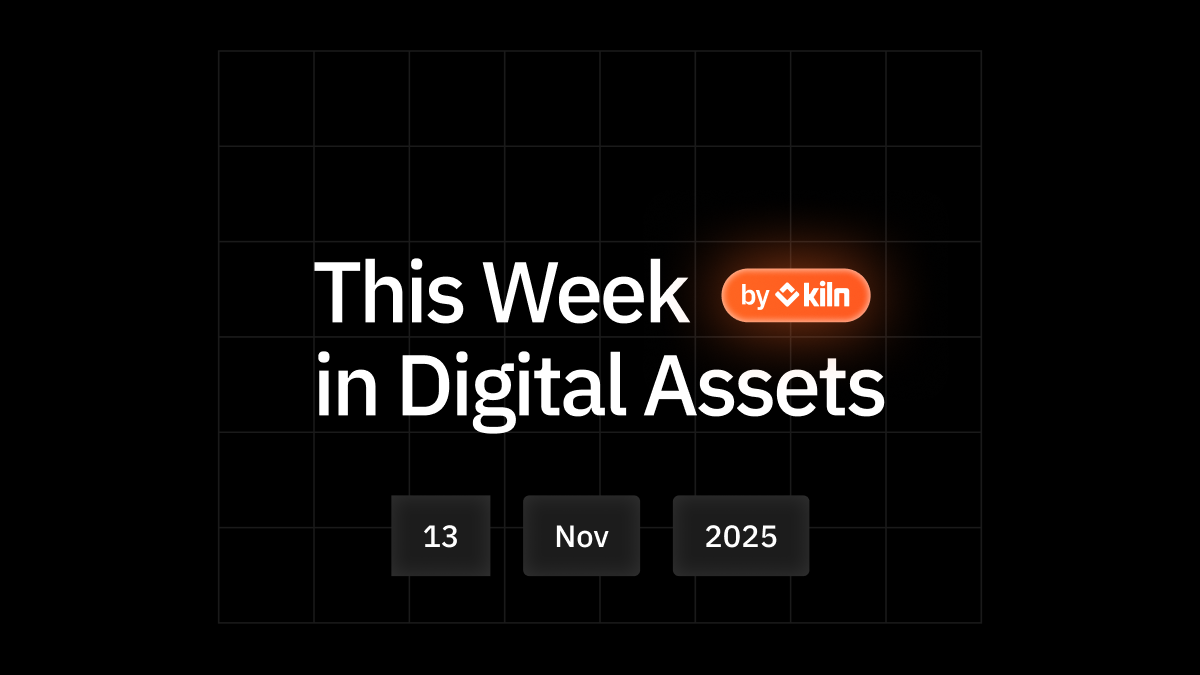JPMorgan’s decision to accept BlackRock’s iShares Bitcoin Trust and other spot-BTC ETFs as loan collateral—and to count clients’ direct crypto holdings when sizing credit lines—marks a striking pivot for a firm that once dismissed Bitcoin outright. We believe the move is driven less by shifting ideology than by sheer client demand: high-net-worth portfolios now routinely include spot-ETF positions, and the wealth desks that refuse to recognize them risk seeing balances migrate to crypto-native lenders. By formalizing collateral rules instead of granting ad-hoc exceptions, JPMorgan signals to peers that ignoring bitcoin exposure is no longer tenable.
The shift should ignite a new scramble among money-center banks to bolt crypto rails onto their existing business. We expect other large banks like Goldman, Citi, and Bank of America to accelerate timelines for collateralized lending, OTC block trading, and full prime-brokerage suites that knit together execution, financing, and settlement. First movers will lock in sticky relationships: once a borrower wires ETF shares to a bank’s custodian and sets risk haircuts, switching providers is costly. The result could be an oligopoly of large banks controlling the highest-grade crypto credit while smaller lenders chase niches.
Downstream, JPMorgan’s new stance should revive demand for institutional borrowing-and-lending desks. Clients who post ETF collateral today will ask for repo-style lines backed by spot BTC tomorrow, widening spreads for market makers and funding desks and tightening the circulating float of the biggest ETFs. That, in turn, could pull incremental inflows into the funds themselves, reinforcing the flywheel of AUM growth, liquidity, and regulatory comfort. We also see an opening for banks to offer crypto derivatives products like swaps, collars, and other hedges once they have collateral frameworks in place.
These moves by big banks could undercut the notion that Wall Street remains wary of public-crypto exposure. With Morgan Stanley preparing E*Trade crypto trading and Washington seeking clearer rules under a pro-crypto White House, we believe JPMorgan’s move into this space will not go unnoticed on Capitol Hill. We expect lawmakers and regulators to study how the country’s largest bank manages crypto collateral as they weigh broader questions such as Basel capital treatment and spot-ETH ETF staking. In our view, JPMorgan’s new announcement is more than a customer-retention play, it accelerates the normalization of Bitcoin within the US financial system and could set a competitive race among big banks around crypto services and product offerings.
Disclaimer: This blog post is intended for informational purposes only and does not constitute financial advice or a recommendation to buy, sell, or hold any cryptocurrency or financial product.
About Kiln
Kiln is the leading staking and digital asset rewards management platform, enabling institutional customers to earn rewards on their digital assets, or to whitelabel earning functionality into their products. Kiln runs validators on all major PoS blockchains, with over $11 billion in crypto assets being programmatically staked and running over 5% of the Ethereum network on a multi-client, multi-cloud, and multi-region infrastructure. Kiln also provides a validator-agnostic suite of products for fully automated deployment of validators and reporting and commission management, enabling custodians, wallets, and exchanges to streamline staking or DeFi operations across providers. Kiln is SOC2 Type 2 certified.

















